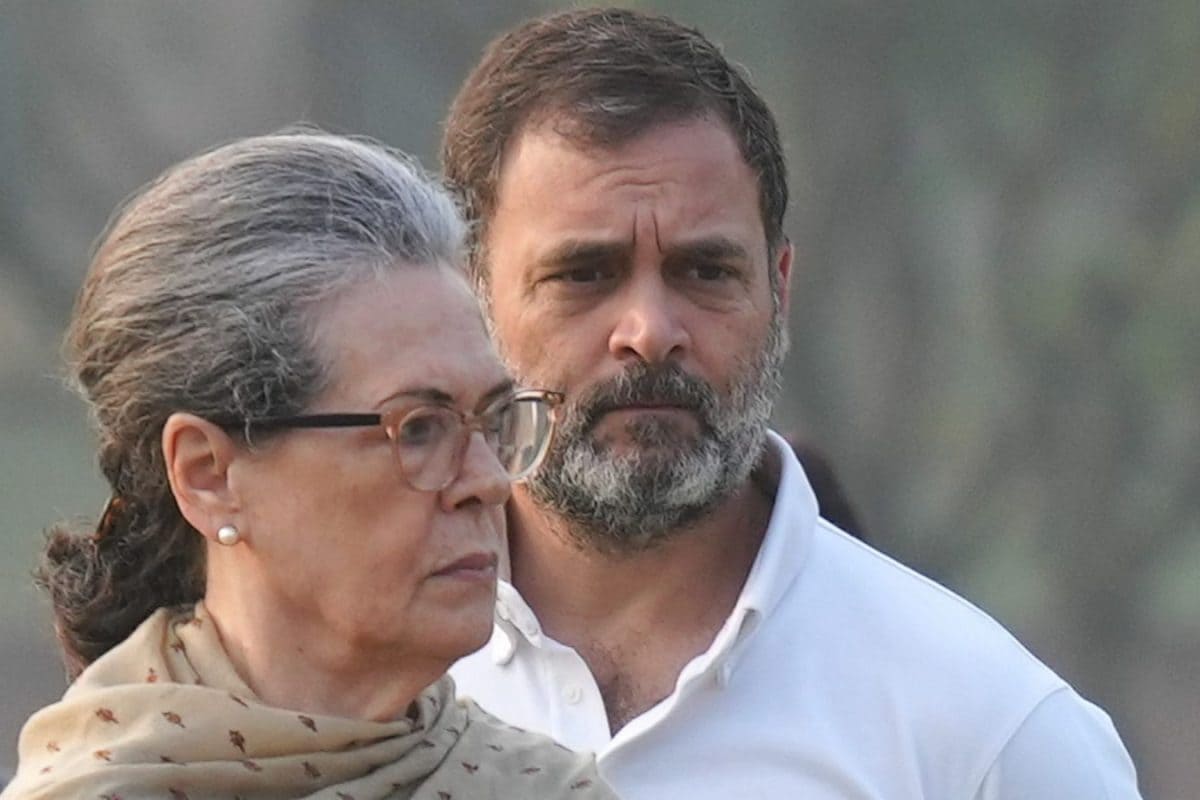

The National Herald case, a long-standing legal battle involving Sonia Gandhi and Rahul Gandhi, has recently seen renewed activity in the courts, with Sonia Gandhi's defense team questioning the Enforcement Directorate's (ED) prolonged inaction. The case revolves around allegations of money laundering and misappropriation of assets related to the Associated Journals Limited (AJL), the publisher of the National Herald newspaper.
The ED has alleged that the Gandhis, through their control of Young Indian Pvt Ltd, illicitly acquired assets worth approximately ₹2,000 crore belonging to AJL. The agency claims that this was achieved by paying a mere ₹50 lakh for the acquisition of 99% of AJL's shares, even though AJL possessed substantial properties in prime locations across India. These properties, according to the ED, were originally granted to AJL by the Central government and various State governments after Independence for the purpose of publishing newspapers.
The ED's counsel argued in court that the Congress party intended to usurp the assets of the now-defunct National Herald newspaper, and that several Congress leaders were involved in "fake transactions" made to AJL. The agency further asserted that Sonia and Rahul Gandhi were the "beneficial owners" of Young Indian, having acquired complete control after the death of other shareholders and orchestrating a scheme to acquire the assets of AJL. The ED has presented a chargesheet against Sonia Gandhi, Rahul Gandhi, and others, alleging offenses under the Prevention of Money Laundering Act (PMLA). The agency says that the Gandhis and other accused were enjoying proceeds of crime of Rs 142 crore until the ED attached these (AJL) properties.
However, Sonia Gandhi's legal representative, Abhishek Manu Singhvi, has countered these claims, calling the ED's case "truly a strange" and "unprecedented" one. Singhvi argued that there was no actual use or projection of any property in the alleged money laundering. He emphasized that Young Indian is a not-for-profit company that cannot distribute dividends, perks, salaries, or bonuses. Singhvi also questioned the ED's timing, pointing out that the agency remained inactive for a significant period and only initiated action based on a private complaint.
The origins of the case trace back to a private complaint filed in 2012 by BJP leader Subramanian Swamy, who alleged fraud and land grabbing by Sonia Gandhi and Rahul Gandhi through the acquisition of AJL via Young Indian. Swamy contended that it was illegal for a political party to lend money for commercial purposes, and he called for investigation by the Central Bureau of Investigation (CBI) and de-recognition of the Indian National Congress party for using public money.
The court has raised questions regarding the ED's actions, particularly why the agency pursued action against the Gandhis when corporates and state-owned companies routinely write off loans. The court also questioned why the Congress party and its decision-making body, the All India Congress Committee (AICC), were not named as accused, considering the allegation that Congress wrote off the loans. The ED responded that it could make AICC an accused in the future if it finds evidence of its involvement.
As the arguments continue, the court is now tasked with determining whether to take cognizance of the chargesheet filed by the ED. The case has seen various twists and turns over the years, including probes by the ED and CBI, attachment of properties, and legal challenges in various courts. The next hearing is scheduled for July 4, 2025.